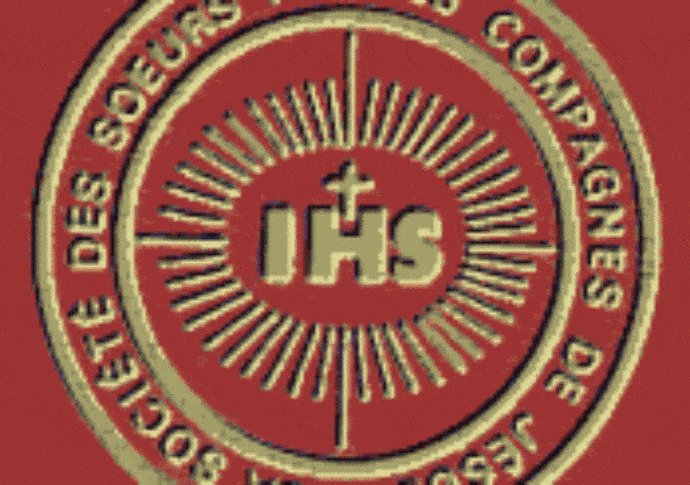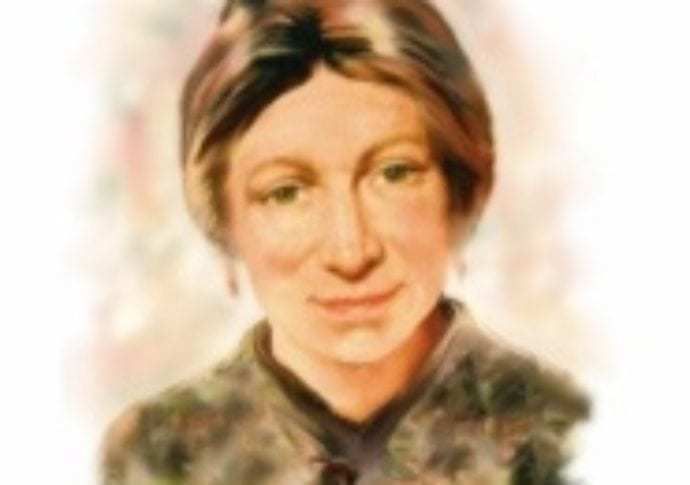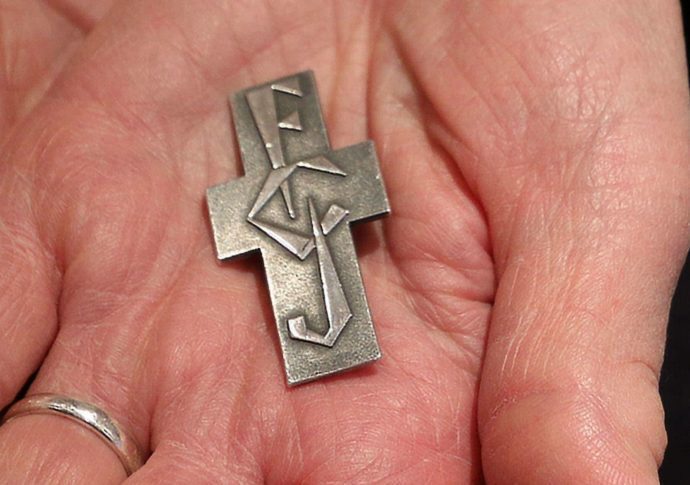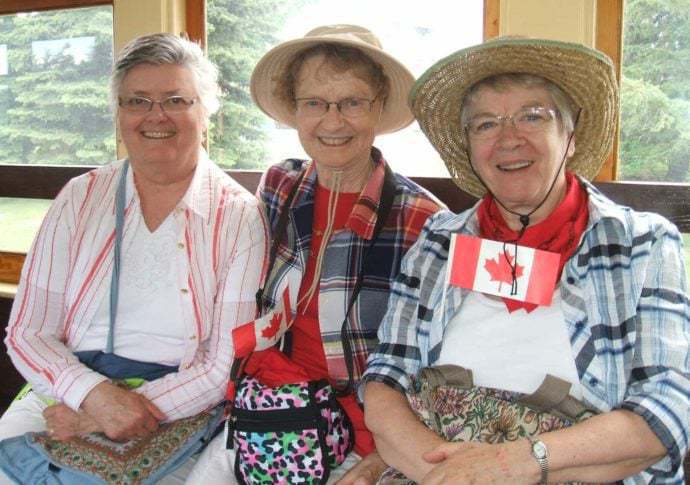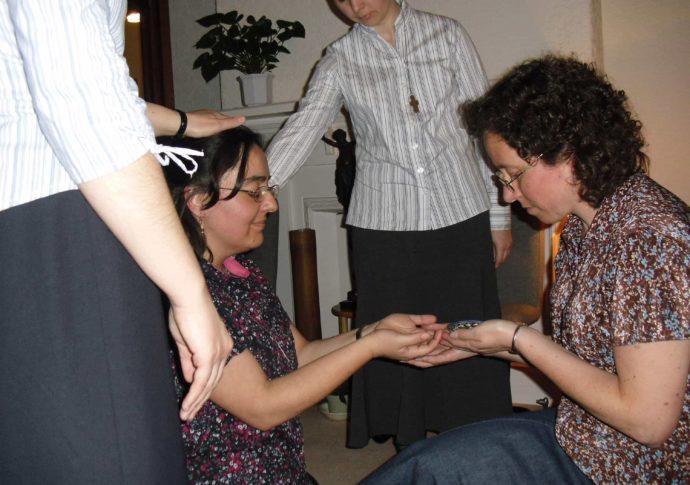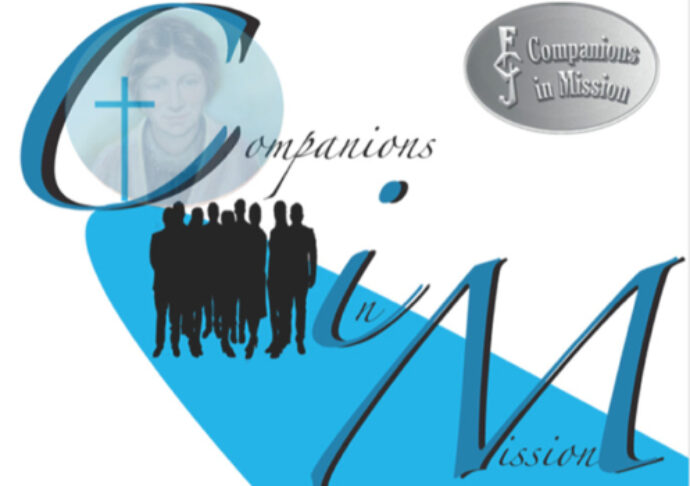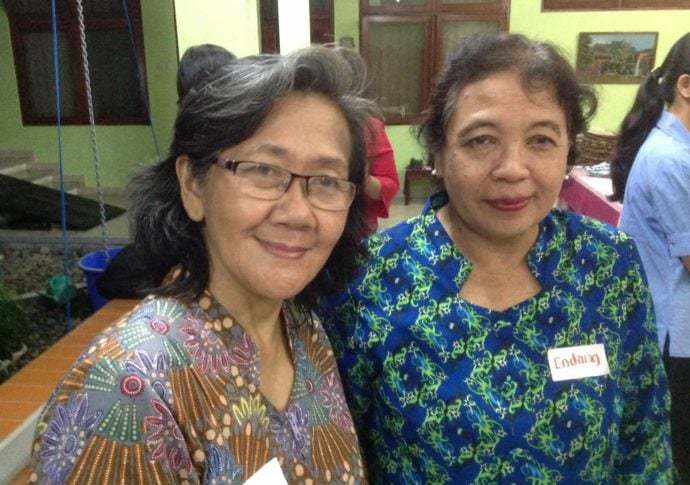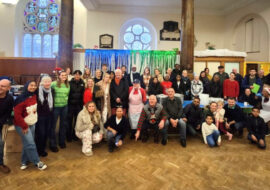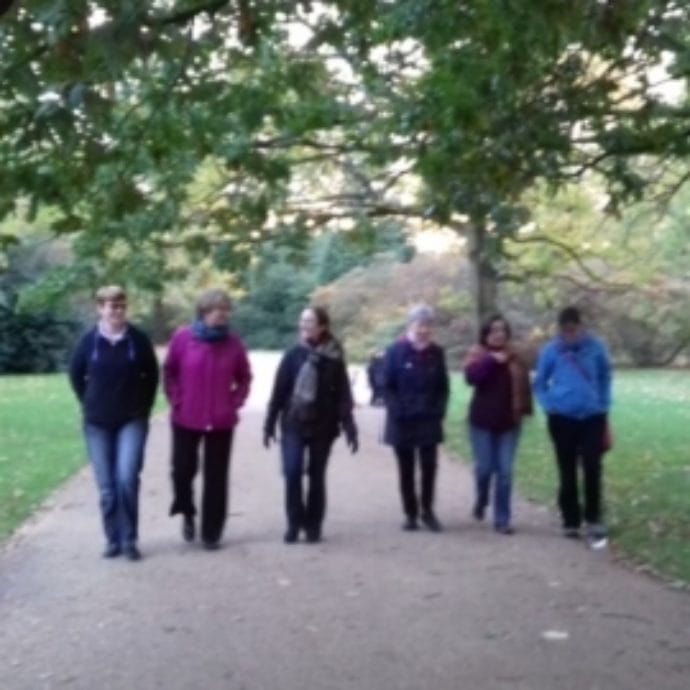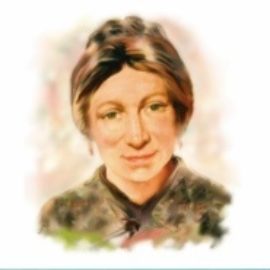By Sr Teresa, fcJ, first appeared in Church Times, 29th November 2019
The American writer Don Marquis once said that writing a book of poetry is like dropping a rose petal down the Grand Canyon and waiting for an echo. Advent, the liturgical season of waiting and longing, is like that too, and the petal, carried by the Spirit into what many today experience as the bleakness of existence, is surely the virtue of hope. If we have eyes to see and ears to hear, we may glimpse that floating petal, small and fragile, and perhaps hear the echo: the Lord is very near.
Each year, during the weeks of Advent, the familiar words, spoken by the priest at every celebration of the Eucharist in the Roman Catholic rite, “as we wait in joyful hope for the coming of our Saviour Jesus Christ” take on a special significance. Without hope, how could we find within ourselves the courage and strength to live the present and accept it, especially when it is onerous or painful? Hope is like a door – sometimes barely ajar, sometimes wide open – through which we can catch a glimpse of a different future. And that glimpse transforms the present. Pope Benedict XVI wrote Spe Salvi in 2007 in the face of what he saw to be “the present-day crisis of hope” (§17) in a world which often discounts God, or denies God’s existence, and where many people seem to live lives of emptiness and desolation. He believes that if we have hope the present is touched by a future reality not yet visible in the external world, and through it we carry within us a certain perception of that reality (cf. §7). Because of this, he says, “The one who has hope lives differently; the one who has hope has been granted the gift of new life” (§2). Hope is dynamic: it enables us to wait patiently, to endure hardships and difficulties without losing our peace of soul, and to face the future with courage and confidence (cf. §9). Because, as Benedict says, “… we know that all we can experience or accomplish is not what we yearn for” (§12), we are continually reaching out for something more, and it is hope that spurs us on. Yearning, longing, is at the heart of the season of Advent, and hope is its inseparable companion.
In his beautiful poem, Le Porche du Mystère de la Deuxième Vertu (‘The Portal of the Mystery of Hope’), the French poet Charles Péguy (1873 – 1914) represents Hope as a young girl walking along the road of life with her two older sisters, Faith and Charity. In her eternal youthfulness, in her innocence and simplicity, she keeps God open to the world and the world to God. The poem was actually written in Holy Week, but it is not difficult to make Advent connections too, for the words ‘darkness’ and ‘night’ which appear frequently in the readings of this liturgical season have a key role in the concluding section of the poem. Péguy sees darkness as Hope’s natural resting-place, for night, wrapped in its glittering, starlit mantle, is a time of physical and spiritual replenishment. Night brings repose to the weary and the anxious, gently placing them in the maternal arms of God’s providence. In the silence of night, adults become like little children again, vulnerable, dependent, defenceless, recognising their need of God. As they surrender to sleep, hope is re-born in them, so that each morning they are ready to begin again. To see all that is happening around us today and still hope that tomorrow will be better – Péguy says that even God finds this astonishing. And hope, astonishing, joyful, invincible, impossible to extinguish, is the special grace of Advent, as we wait for the coming of the Saviour.
The readings of Advent remind us that night is almost over, that day is at hand.
The readings of Advent remind us that night is almost over, that day is at hand. Paul urges us to wake from sleep and walk in the light: “Do not be afraid,” he says, “because the Lord is very near” (Phil. 4: 5). When we know what we’re waiting for, we’re wide awake, on the alert – for news, an anticipated arrival, a letter, an email, a phone call, a text message, a tweet … This kind of waiting isn’t simply a question of passing time aimlessly, and it isn’t boring. It involves being attentive, keeping our eyes and ears open. If we’re not too tense or worried, waiting can give us the opportunity to see and hear and feel things we’re often too preoccupied to notice. As our vision sharpens, our eyes may be opened to the plight of someone in need; as our hearing is refined, we may hear the unspoken cry of a lonely soul. As we wait, often caught up in painful, incomprehensible, and messy situations, we may perceive something of the beauty given us, the love, the music, the laughter of life. The flickering flame of hope can light up unforeseen pathways even in what seems to be a lifeless landscape; through hope, we may be able to discern a distant shape or a glow in the surrounding darkness. Psalm 30 reminds us that “joy comes in the morning” (v. 5), as fresh hope brings welcome relief after a night of tears and anguish.
Advent is a time of waiting and promise, a time of longing and anticipation. But the quality of this waiting is not edgy and anxious; it is hope-filled and quietly joyful. Waiting, being prepared to wait, indicates some measure of love or caring or interest – after all, we don’t usually spend much of our time waiting for something or someone of little or no concern to us. A short passage from the Letter of James, which regularly appears in the lectionary at this time of the year, encourages us to be patient – and patience is born of hope: “Be patient,” James writes, “until the Lord’s coming.” And he engagingly adds, “… do not lose heart, because the Lord’s coming will be soon” (5: 7, 8). We know that Love is coming, trust that Love will truly come, so we wait in joyful hope, a hope that is renewed, when year after year, “… we pray those beautiful prayers of longing and waiting, and sing lovely songs of hope and promise” (Karl Rahner).
The words of Isaiah, the prophet of Advent, present us with a picture of the grace-filled fulfilment of hope and promise:
The desert will sing and rejoice
And the wilderness blossom with flowers.
All will see the Lord’s splendour,
See the Lord’s greatness and power.
Tell everyone who is anxious;
Be strong and don’t be afraid.
The blind will be able to see;
The deaf will be able to hear.
The lame will leap and dance;
Those who can’t speak will shout.
They will hammer their swords into ploughs
And their spears into pruning-knives.
The nations will live in peace;
They will train for war no more.
(Iona Community paraphrase of Isaiah 35: 1–6 and 2: 4)
Teresa White, fcJ. This article first appeared in Church Times, 29th November 2019 and is reproduced here with permission from Church Times.



